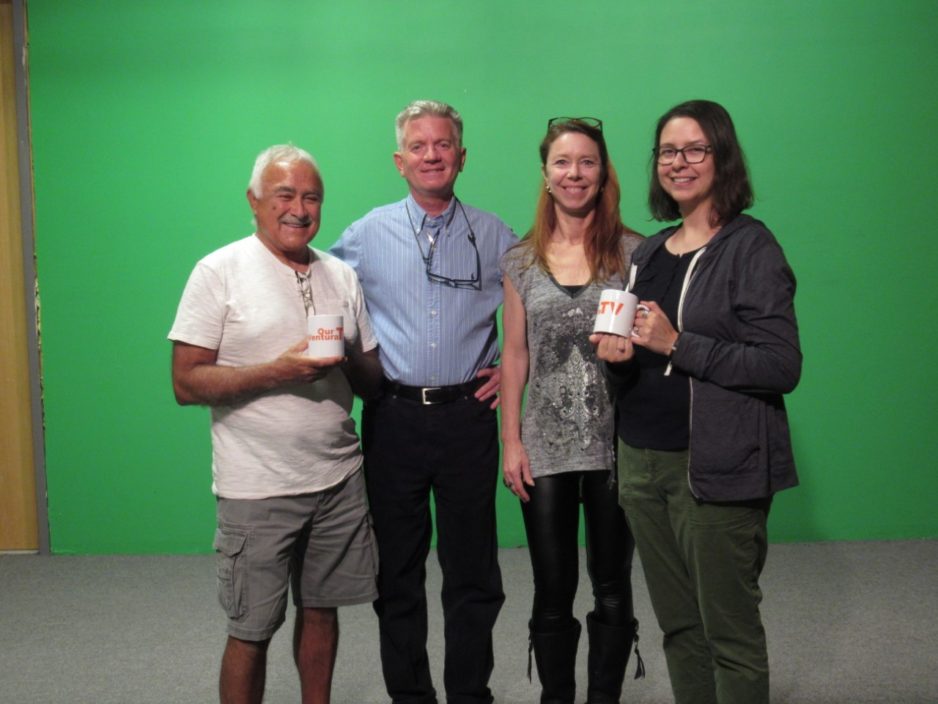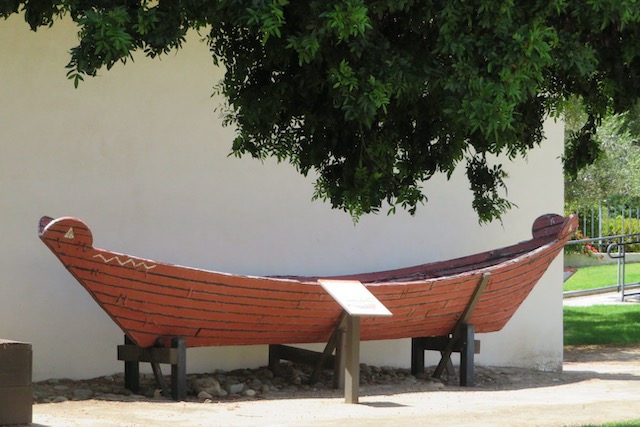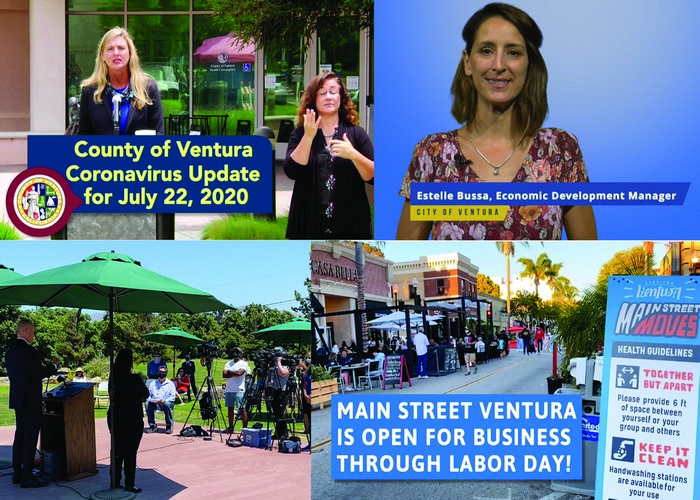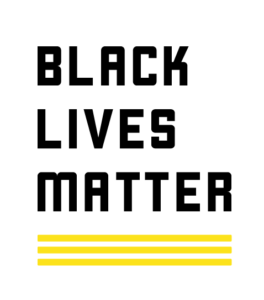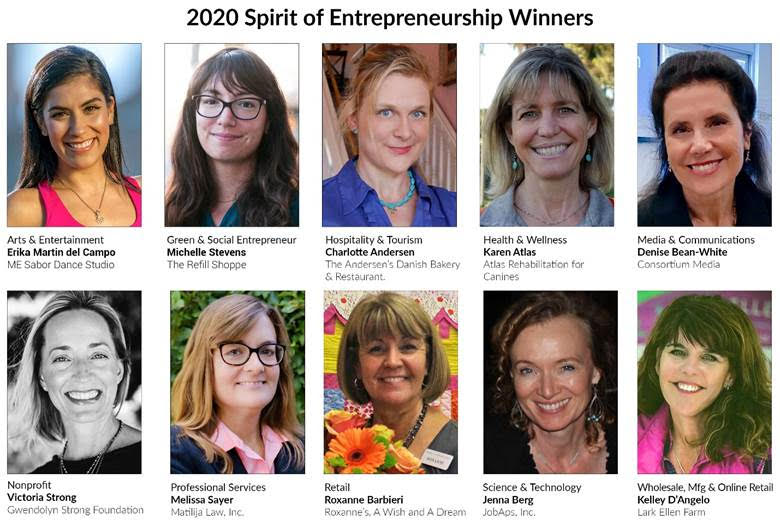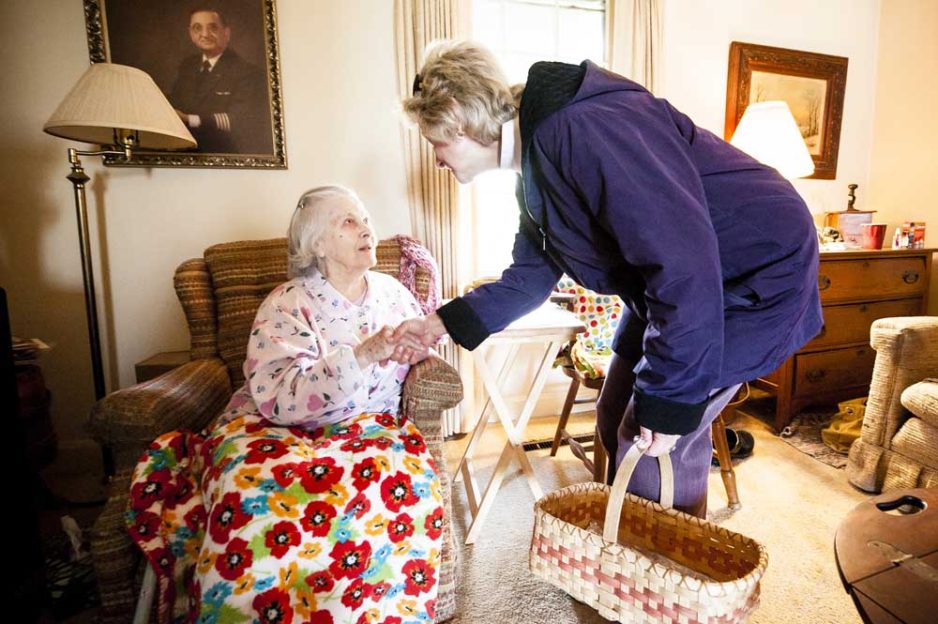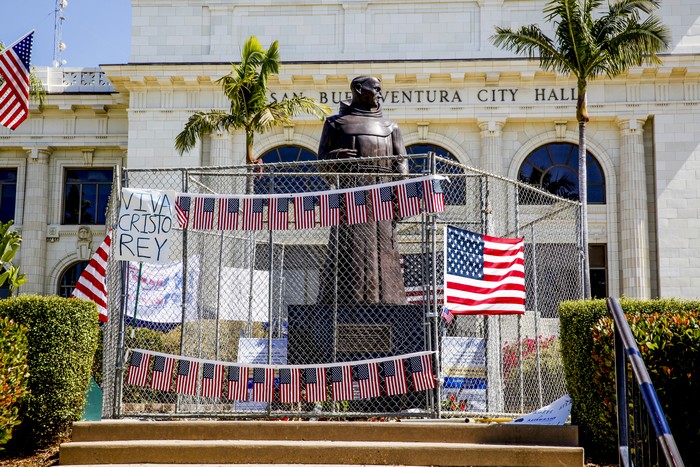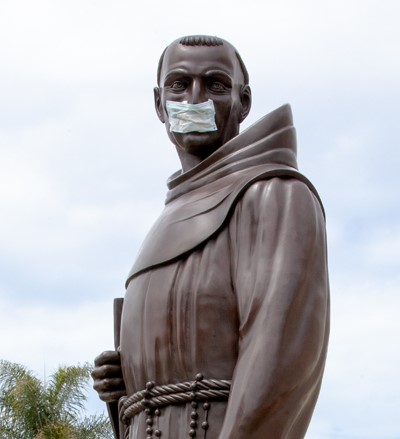by M. Scott
Racism: Defined by Mirriam-Webster:
1: a belief that race is the primary determinant of human traits and capacities and that racial differences produce an inherent superiority of a particular race
2a: a doctrine or political program based on the assumption of racism and designed to execute its principles
b: a political or social system founded on racism
3: racial prejudice or discrimination
The History and Dictionary Meaning of Racism
Racism appears to be a word of recent origin, with no citations currently known that would suggest the word was in use prior to the early 20th century. But the fact that the word is fairly new does not prove that the concept of racism did not exist in the distant past. Things may have words to describe them before they exist (spaceship, for instance, has been in use since the 19th century, well before the rocket-fired vessels were invented), and things may exist for a considerable time before they are given names (t-shirt does not appear in print until the 20th century, although the article of clothing existed prior to 1900).
Race/Ethnicity/Humility (ESPN):
“……….In a nutshell, what’s happened to Newton and his contract is unprecedented in recent NFL history. And there’s no explanation for such a small contract for a once transcendent talent other than a league of mostly white executives viewing Newton as not worth the headache, a reputation Newton has not earned.
Regardless, since his breakout season at Auburn in 2010, Newton has been viewed as a problem in need of humility. He is too arrogant, his celebrations are too … celebratory, he pouts when he loses. Never mind that those same characteristics could describe any white quarterback, particularly the one Newton is replacing in New England.
But in the history of American sports, most notably football, Black athletes are expected to be absent of charisma or anger or hubris. Black wide receivers of the previous decade were “divas.” Every season there’s a new boisterous cornerback who elicits media attention and scrutiny: Richard Sherman to Norman to Jalen Ramsey. For Black quarterbacks, if they aren’t viewed as docile or bashful in the vein of Russell Wilson or Patrick Mahomes, they’re problematic. Michael Vick rubbed white America the wrong way long before Bad Newz Kennels.
Sociologists found a link between race/ethnicity and humility, which included the personality traits of “conscientiousness, agreeableness, emotional awareness, the absence of narcissism, low self-esteem.” African Americans (and Arab Americans) showed more characteristics that lined up with humility than white Americans. In short, there’s an expectation for Black people to be humble, but not for white Americans.
NFL’s Redskins renamed as Washington Football Team for 2020 season
The NFL team formerly known as the Redskins will go by the Washington Football Team for at least the 2020 season, giving the organization time to choose a new, full-time name. The team has been known as the Redskins since 1933. Gone are the head logo and the name Native American advocates have called a dictionary-defined racial slur.
Is Black Lives Matter a Marxist movement?
From Tom Kertscher (PolitiFact)
Backlash against Black Lives Matter includes branding it as Marxist. The attack has been made in recent weeks by Rudy Giuliani, President Donald Trump’s personal lawyer; Ben Carson, Trump’s secretary of Housing and Urban Development; conservative talk show host Mark Levin; and PragerU, which has more than 4 million Facebook followers.
Marxism was developed by 19th century German philosopher Karl Marx and is the basis for the theory of communism and socialism. “Marxism envisioned the revolutionary overthrow of capitalism by the proletariat (working class people) and eventually a classless communist society,” Encyclopedia Britannica and Oxford Reference say.
These days, Marxism usually means analyzing social change through an economic lens, with the assumption that the rich and the poor should become more equal.
In a recently surfaced 2015 interview, one of the three Black Lives Matter co-founders declared that she and another co-founder “are trained Marxists.”
But the movement has grown and broadened dramatically. Many Americans, few of whom would identify as Marxists, support Black Lives Matter, drawn to its message of anti-racism.
“Regardless of whatever the professed politics of people may be who are prominent in the movement, they don’t represent its breadth,” said Keeanga-Yamahtta Taylor, Princeton University African American Studies professor and author of “From #BlackLivesMatter to Black Liberation.”
“There are definitely socialists within the movement, as there have been in every single social movement in 20th century American history and today. But that does not make those socialist movements, it makes them mass movements,” she said.
NY Times (Roger Cohen)
“….no people has found the American lurch toward authoritarianism under President Trump more alarming than the Germans. For postwar Germany, the United States was savior, protector and liberal democratic model. Now, Germans, in shock, speak of the American catastrophe.
Michael Steinberg, a professor of history at Brown University and the former president of the American Academy in Berlin, wrote to me this week:
“…..the events in Portland have particularly alarmed me as a kind of strategic experiment for fascism. The playbook from the German fall of democracy in 1933 seems well in place including rogue military factions, the destabilization of cities, etc. The basic comparison involves racism as a political strategy; a racist imaginary of a pure homeland, with cities demonized as places of decadence.
Black Voices in History
Call out Quote: ”Get in good trouble, necessary trouble, and redeem the soul of America.”
The Honorable John Robert Lewis
(February 21, 1940 – July 17, 2020)
John Robert Lewis was an American politician and civil-rights leader who served in the United States House of Representatives for Georgia’s 5th congressional district from 1987 until his death in 2020.
Lewis was one of the “Big Six” leaders of groups who organized the 1963 March on Washington. He fulfilled many key roles in the civil rights movement and its actions to end legalized racial segregation in the United States. In 1965, Lewis led the Selma to Montgomery marches across the Edmund Pettus Bridge. In an incident which became known as Bloody Sunday, armed Alabama police attacked unarmed civil rights demonstrators, including Lewis, Hosea Williams, and Amelia Boynton.

